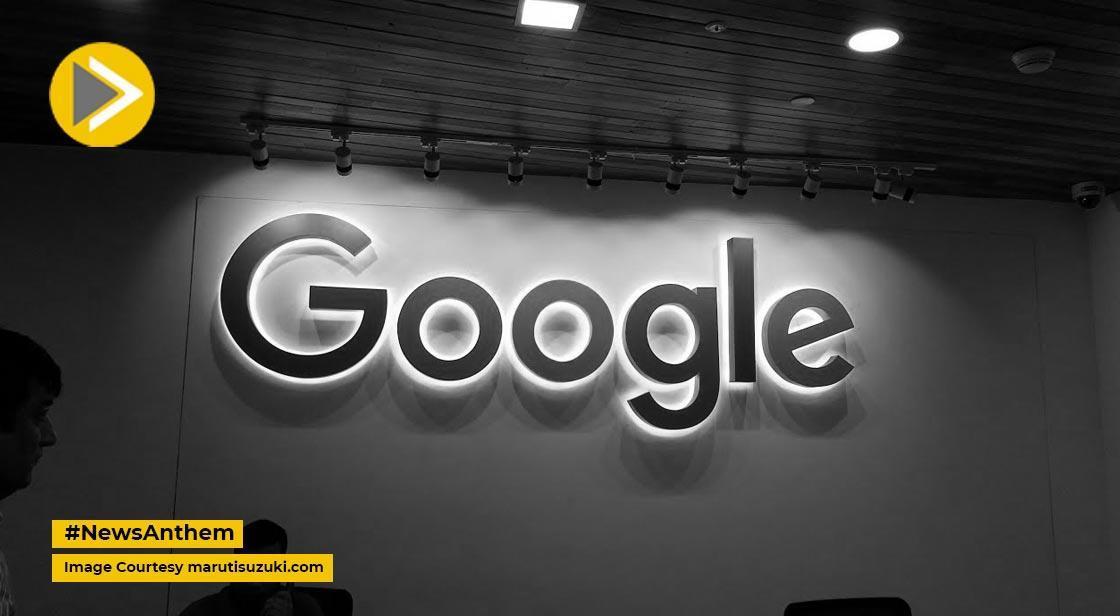Google may face first EU Digital Markets Act fine over search bias

News Synopsis
Google is once again under the scrutiny of European regulators and could soon be hit with its first fine under the European Union’s Digital Markets Act (DMA). According to a Reuters report, the European Commission is preparing its decision, expected in the coming months.
This comes just weeks after Google was fined €2.95 billion ($3.45 billion) under older European Union antitrust laws for giving undue advantage to its advertising services and reinforcing the dominance of its ad exchange, AdX.
Fresh Charges on Google’s Search Practices
Promotion of Google’s own vertical search
The new case focuses on allegations that Google unfairly favored its own vertical search services such as:
-
Google Shopping
-
Google Flights
-
Google Hotels
These platforms allegedly appeared more prominently than rival services in search results, hurting competition.
Enforcement under the Digital Markets Act
-
The DMA, which took effect in 2023, sets strict rules for “gatekeeper” platforms such as Google, Apple, Meta, and Amazon.
-
It aims to curb market dominance, increase competition, and offer users more choice.
-
Companies found violating the rules can face fines of up to 10% of their global annual turnover.
The case was filed in March 2025, making it one of the first high-profile enforcement actions under the new law.
Google’s Response to the Allegations
Google has put forward several remedies and proposals to address the Commission’s concerns. However, rival businesses in sectors such as e-commerce, travel, and hospitality have rejected these measures, claiming they do not go far enough.
In response to questions from Reuters, Google highlighted earlier remarks by its Senior Director for Competition, Oliver Bethell:
“While we have invited feedback throughout this process, we now need to bring this debate to an end without the interests of a few being prioritised over the millions of people and businesses in Europe who benefit from Search.”
This statement reflects Google’s stance that its search services are designed to benefit consumers broadly, not just to favor its own products.
The Broader Context: EU, US, and China
EU’s cautious approach
-
The European Commission is carefully proceeding with the case amid transatlantic tensions.
-
Criticism from the Trump administration regarding Europe’s scrutiny of American tech giants has added complexity.
-
Still, Brussels has made it clear that enforcement will not be watered down.
Previous DMA fines
If found guilty, Google would be the third US tech giant fined under the DMA in 2025, after Apple and Meta earlier this year.
China drops antitrust case against Google
Meanwhile, China recently closed its own antitrust probe into Google, as reported by the Financial Times.
-
The move comes amid ongoing trade talks with Washington, particularly concerning TikTok and Nvidia.
-
Analysts believe Beijing dropped the case as a tactical signal of flexibility, while shifting focus to Nvidia as leverage in negotiations.
Google’s Legal Battles in the United States
Google also faces a major antitrust case in the US, filed by the Department of Justice and several states in 2020. The lawsuit accuses Google of:
-
Abusing dominance in search and advertising.
-
Paying billions to device makers and browsers to set Google as the default search engine.
The court has so far stopped short of breaking up Google but has introduced restrictions to limit anti-competitive conduct while still allowing Google to retain control over its Chrome browser.
Conclusion
The upcoming EU penalty under the DMA could mark a turning point in how regulators tackle big tech monopolistic practices. While Google insists its services benefit millions of Europeans, regulators and rivals argue that its dominance stifles fair competition. With ongoing cases in Europe, the US, and previous scrutiny in China, Google’s global legal challenges underline the growing consensus among regulators worldwide to rein in the unchecked power of tech giants.
You May Like









